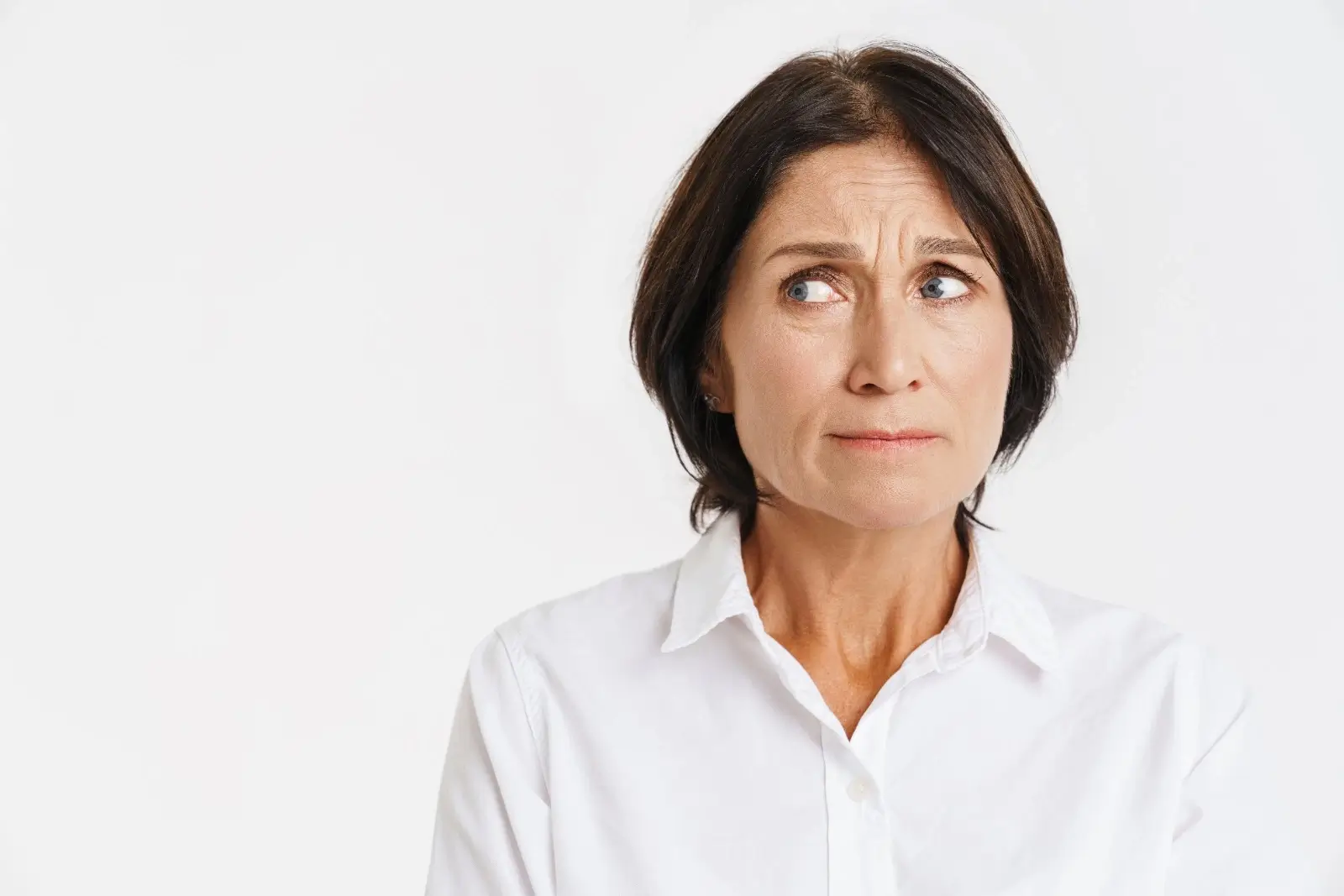
What Are the 34 Symptoms of Menopause: The 2025 Guide Doctors Wish You Read
What are the 34 symptoms of menopause? A complete 2025 guide for women, covering early menopause, Indian experiences & how long symptoms really last.

What are the 34 symptoms of menopause? A complete 2025 guide for women, covering early menopause, Indian experiences & how long symptoms really last.

Can stress or lifestyle trigger early menopause? Learn how habits, health, and daily choices may influence your hormonal timeline.

Is bleeding after menopause always cancer? Discover the truth, common causes, and when to seek help. Compassionate, clear answers every woman needs!

Discover 9 truths about sex for women after menopause—reclaim intimacy, pleasure, and confidence in your post-menopausal years.

Discover how hormone replacement therapy can support women with rheumatoid arthritis during menopause. Learn about its benefits, risks, and impact on joint health.

Discover what supplements to take after menopause. A science-backed guide to bone, heart, brain health — plus Miror Thrive’s all-in-one support.

Discover what are the best supplements for menopause in 2025. From vitamins and minerals to adaptogens and phytoestrogens, explore science-backed and women-approved options for managing menopause symptoms naturally.

Wondering should I take supplements during menopause? Explore how women can make informed choices about vitamins, herbs, and lifestyle support for better midlife health, balance, and energy.

Wondering how to lose weight during menopause with supplements safely? Discover science-backed tips, natural supplements like Miror Bliss, and lifestyle changes that support metabolism, balance hormones, and help you manage midlife weight gain without risks.

Wondering do menopause supplements work? Discover the science behind key ingredients, what research says about their benefits, and how the right supplement can support hot flashes, mood swings, sleep, and overall well-being during menopause.

“It is health that is real wealth and not pieces of gold and silver.” -Mahatma Gandhi Weight loss. Two words that can either feel like

Discover 10 science-backed foods to support fertility and reproductive health. A compassionate, research-driven guide to nourish your body naturally

Struggling with stiff joints, fatigue, or brain fog in midlife? Discover how Miror MILY supports women through PCOS, perimenopause & menopause.

Learn what perimenopause means, early signs, and how calcium & Miror MILY support bone health, hormones, and overall well-being in this transition.

Discover 10 relatable ways to overcome anxiety in menopause, plus how Miror Bliss and the Miror Community support your emotional well-being naturally.

Discover how Magnesium Citrate for menopause boosts energy, balances hormones, improves mood, and supports restful sleep with Miror Thrive.

PMS or PMDD? Know the difference, spot early warning signs, and explore natural remedies to manage hormonal changes with confidence.

Discover how Miror PCOS with Shatavari supports hormonal balance, fertility, and holistic PCOS care—backed by science and tradition.
